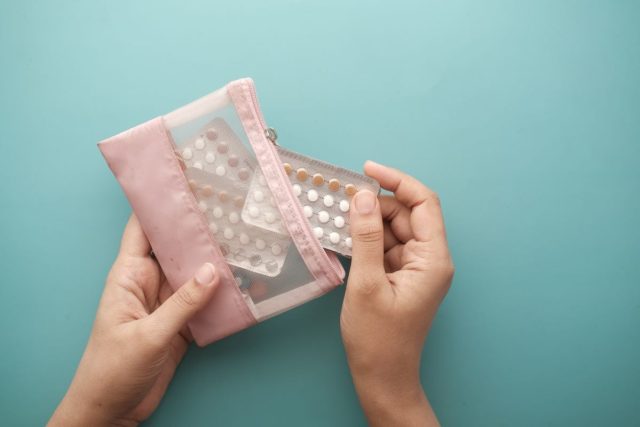Fills for emergency contraceptives increased during the first year after Dobbs in states that became the most restrictive and comparison states
By Elana Gotkine HealthDay Reporter
WEDNESDAY, June 26, 2024 (HealthDay News) — The Dobbs v Jackson Women’s Health Organization decision, allowing states to strengthen restrictions on abortion access, was associated with declines in prescription fills for oral contraceptives, according to a study published online June 26 in JAMA Network Open.
Dima M. Qato, Pharm.D., M.P.H., Ph.D., from the University of Southern California, Los Angeles, and colleagues obtained data on contraceptive fills for women of reproductive age (15 to 49 years) in the United States. Changes in monthly fill rates were compared for daily oral contraceptive pills (OCPs) and emergency contraceptives (ECs) in states that became most restrictive (implemented a full abortion ban) and comparison states (kept a medium level of abortion restrictions) using a difference-in-differences analysis.
The researchers found that 142.8 million prescriptions for OCPs and 904,269 prescriptions for ECs were dispensed at U.S. retail pharmacies between March 2021 and October 2023. Trends in monthly fill rates were similar for OCPs and ECs between the most restrictive and comparison states before Dobbs. After Dobbs, an additional 4.1 percent decline in OCP fills was seen in states that became the most restrictive, with 285.9 fewer fills per 100,000. In contrast to OCPs, in both groups of states, fills for ECs increased during the first year after Dobbs. However, the most restrictive states experienced an additional 65 percent decrease in EC fills one year after Dobbs, with 13.2 fewer fills per 100,000.
“These findings are important given ongoing debates regarding protecting contraceptive access post-Dobbs in the United States,” the authors write.
Copyright © 2024 HealthDay. All rights reserved.



















